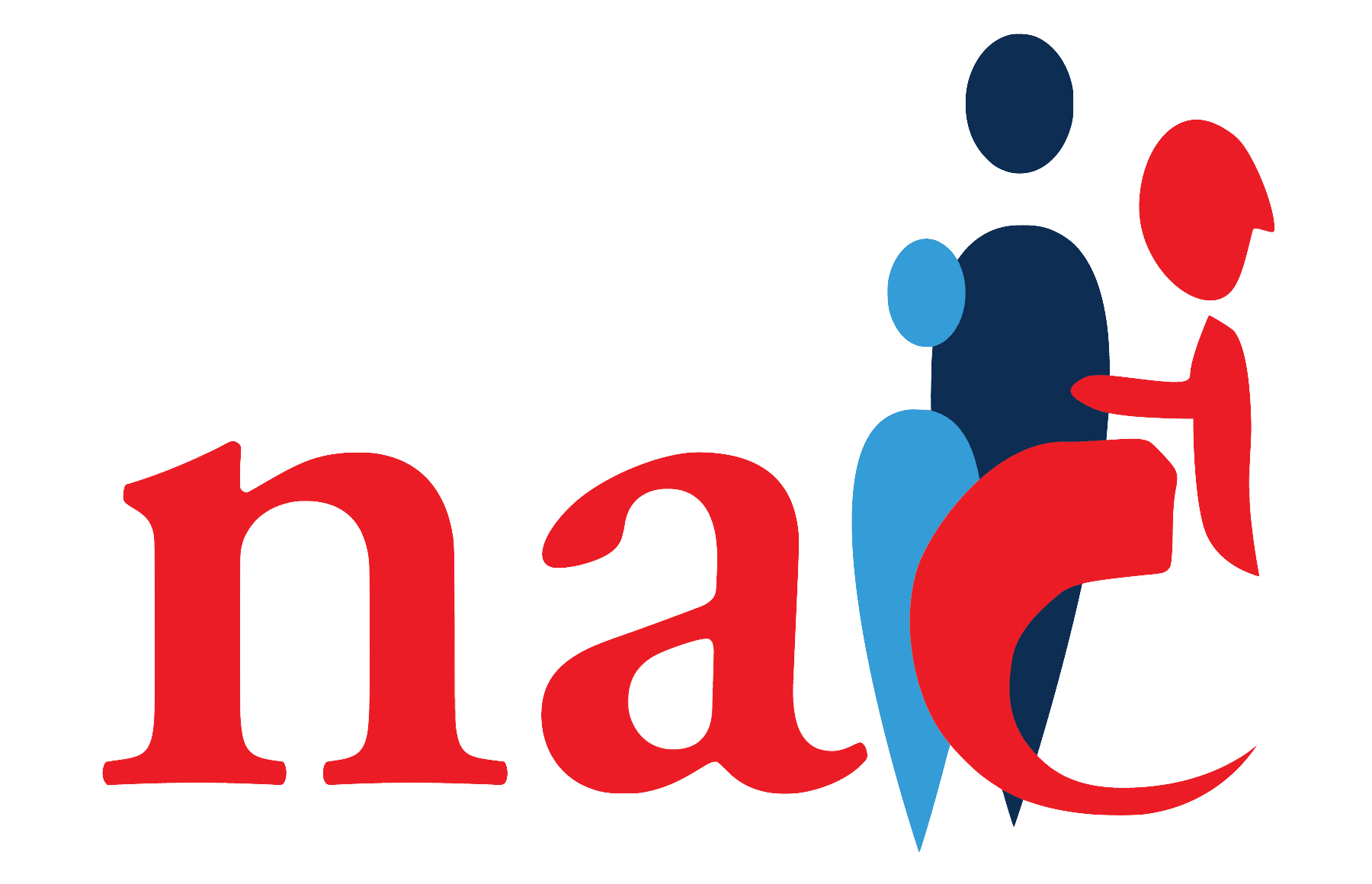Lorraine became the caregiver for her adult niece when she was diagnosed with liver cancer and then hepatic encephalopathy. Her niece’s daughter and ex-husband lived in different states, but Lorraine was only a few hundred miles away, so she traveled to be with her niece while she waited for a liver transplant.
Lorraine and her niece experienced a false alarm when they were called in for a transplant only to find out that the liver was not viable. Although they were prepared for this outcome, they were blindsided by the grief they felt. Pre-transplant was a difficult time for Lorraine—her niece was on steroids, which caused a lot of mood swings, and Lorraine was anxious about being on the waitlist and when her niece would get a transplant.
There was no formal education provided by the healthcare team on how to be a transplant caregiver, or what to expect. They did meet with social services to declare Lorraine as her niece’s support, and her niece attends AA meetings, but otherwise all the information Lorraine gathered was on her own. She had previous life experience caring for her grandparents as a teenager, so she was used to having to ask for the information she needed and taking notes at doctor’s appointments. Even when asking for information, Lorraine felt a lot of what she was told was “spoon-fed” to her, as if the medical professionals she spoke to were worried she wouldn’t be able to handle the reality of her situation, and she did not experience great communication.
Post-transplant, Lorraine feels she can still reach out to the medical team with questions, but that it’s not as helpful as it could be. The hospital held patient/caregiver support groups, but they were not well-attended. She ran into some financial trouble in her ability to pay for her niece’s medication and had to find a solution on her own. Lorraine is very vocal about taking care of her health and her own needs and found support in her friends and family members.
To help transplant caregivers, Lorraine feels healthcare teams need to be more open in their communication and the information they provide to caregivers before the caregivers must ask for it. They also need to provide caregivers with a better understanding of HIPAA and financial assistance. Lorraine’s niece is currently involved with Transplant Recipients International Organization (TRIO), which provides caregiver peer-to-peer meetings, and Lorraine believes programs like this can also help caregivers feel less alone.
